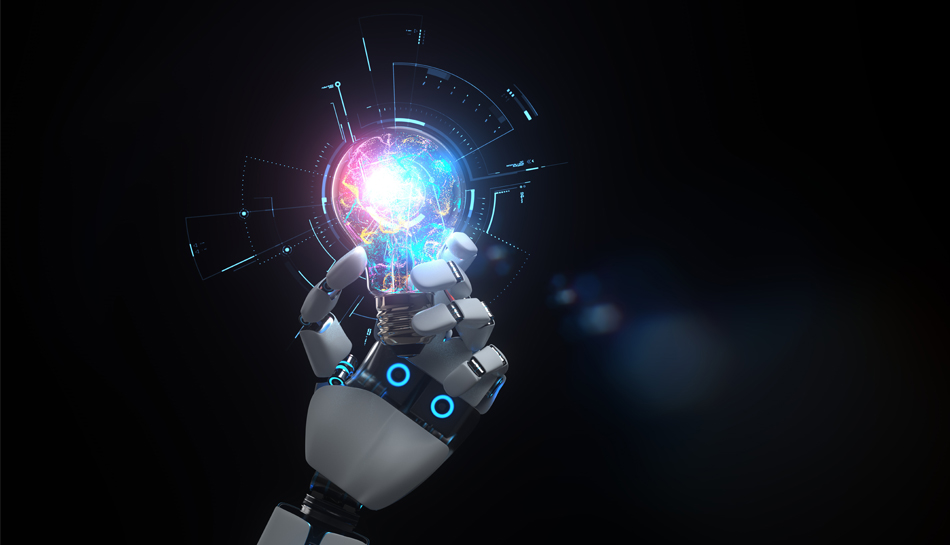
M3’s global HCP panel predicts that integrating generative artificial intelligence (AI) in healthcare will have the most impact in 2024, backed by 18% of respondents globally. This prediction emphasises the growing recognition of generative AI’s transformative potential within the healthcare sector.
In recent years, most industries have experienced a profound transformation driven by the integration of generative AI. In the healthcare industry specifically, AI applications have been adopted to transform traditional healthcare practices, providing innovative solutions to longstanding challenges. Among the different types of AI technologies, generative AI is perceived to be the most promising application for healthcare professionals.
In a recently published article, generative AI was defined as “computational techniques that are capable of generating seemingly new, meaningful content such as text, images, or audio from training data.” With the capability to create outputs, there is immense potential for applications across multiple domains within healthcare.
Exploring the Opportunities and Challenges of Generative AI in Healthcare
The integration of generative AI in healthcare holds promise for transforming healthcare practices and providing solutions to enhance diagnosis, treatment, and research. However, with benefits come certain challenges and considerations that need to be addressed.
Opportunities- Personalised Treatment Plans
- Patient Care Protocols
- Diagnostics
Generative AI algorithms can analyse large amounts of patient data which can help healthcare providers develop personalised treatment plans. A tailored approach to treatment can improve therapeutic efficacy and patient outcomes.
By reviewing and examining data and identifying patterns that contribute to clinical outcomes, generative AI can optimise patient care protocols. An article highlighting some of the opportunities of generative AI notes that generative AI can “leverage data from wearable technology to provide real-time monitoring and personalised recommendations.”
Generative AI, through the analysis of images and patient records, elevates diagnostic precision by discerning patterns, thereby assisting healthcare professionals in diagnosing their patients with greater precision.
- Data Privacy and Security Concerns
- Ethical Bias Considerations
- Validation and Regulatory Challenges
Utilising generative AI necessitates access to vast amounts of sensitive healthcare data, including patient medical records. The storage, transmission, and analysis of this data raises concerns regarding patient privacy, data security, and regulatory compliance.
Generative AI algorithms could exhibit biases or produce unintended outcomes, particularly when trained on specific datasets. These biases can perpetuate disparities in healthcare delivery, exacerbate existing inequalities, and undermine patient trust.
Given the dynamic nature of healthcare data, the validation and regulatory approval of generative AI can pose challenges. To guarantee safety, efficacy, and reliability, generative AI algorithms need to go through meticulous testing.
Guidelines and standards for the evaluation, validation, and approval of AI-driven healthcare technologies should be implemented to safeguard patient safety and privacy.
Conclusion
The integration of generative AI into healthcare is set to advance, driven by ongoing technological innovation, collaborative research efforts, and increasing adoption by healthcare organisations. As the industry continues to embrace generative AI technologies, collaborative efforts among stakeholders will help to navigate challenges effectively.
Are you interested in learning more?
Sources:
1.https://rdcu.be/dzNp3
2. https://www.brookings.edu/articles/generative-ai-in-health-care-opportunities-challenges-and-policy/#:~:text=Generative AI can enhance the,data for health care providers.





